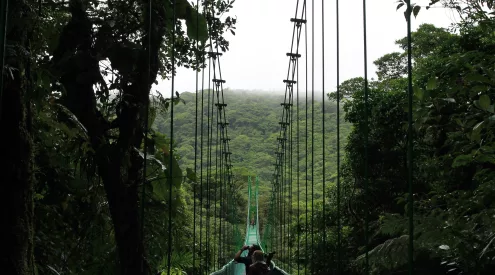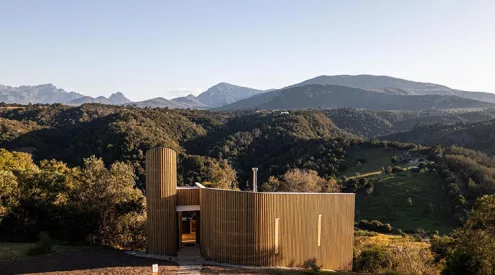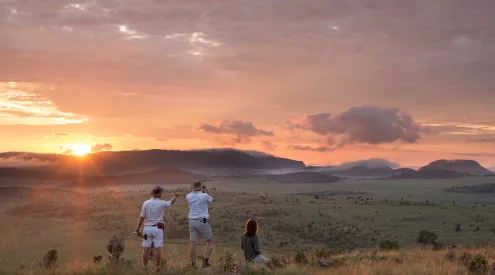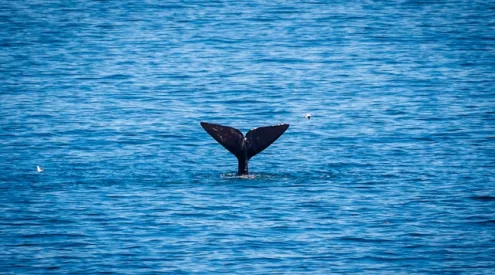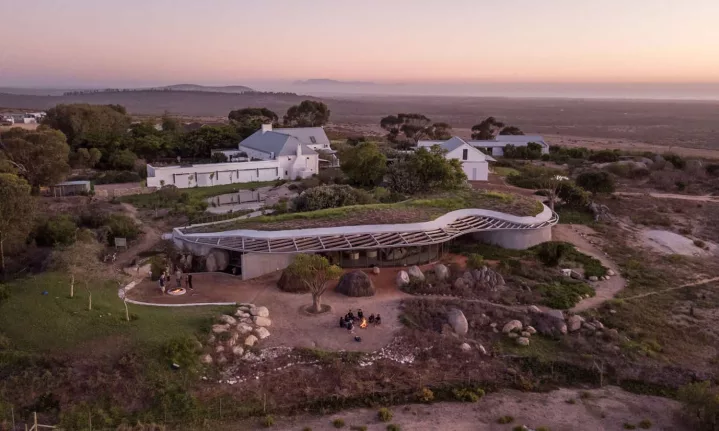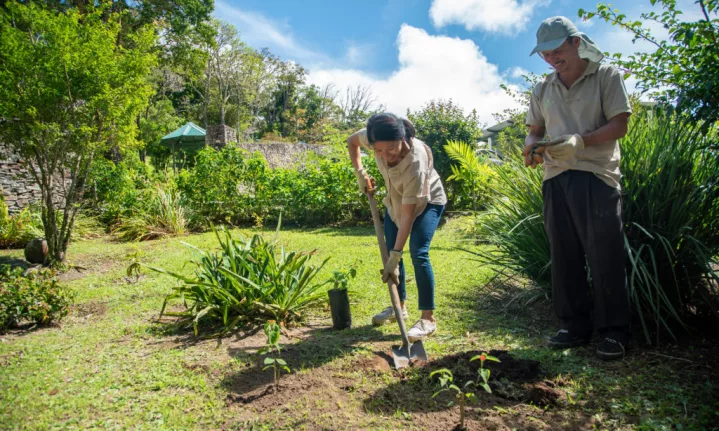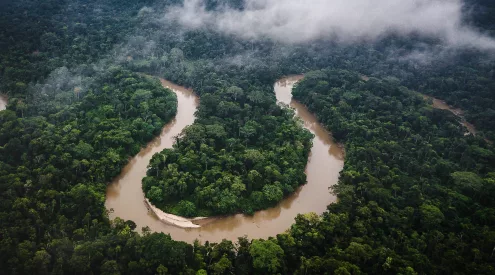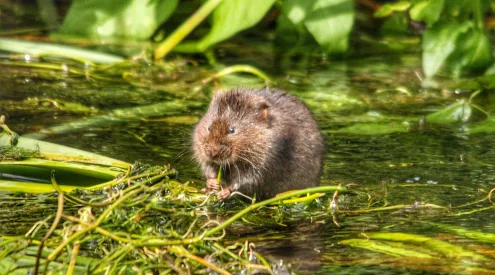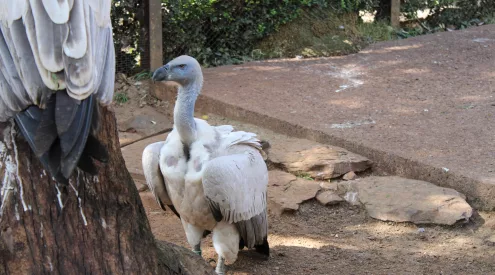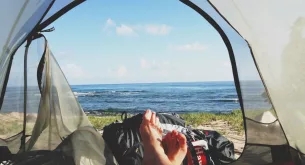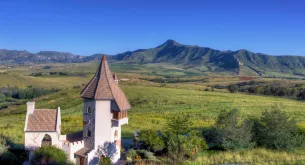A few years ago, eco-travel was the gold standard—choosing options that were greener, gentler, less damaging. Then came the push for sustainability, encouraging travellers to shrink their footprint and tread lightly. But today, the conversation has evolved. Regenerative tourism takes things further: it’s not just about doing less harm, but actively doing good, restoring, uplifting, and giving back to the places we visit.
It’s about healing landscapes, empowering local communities, and choosing experiences that enrich rather than extract. In South Africa, where travel intersects with biodiversity hotspots, cultural richness and economic inequality, the regenerative approach has never been more relevant—or more powerful.
Nature first: Travel that restores
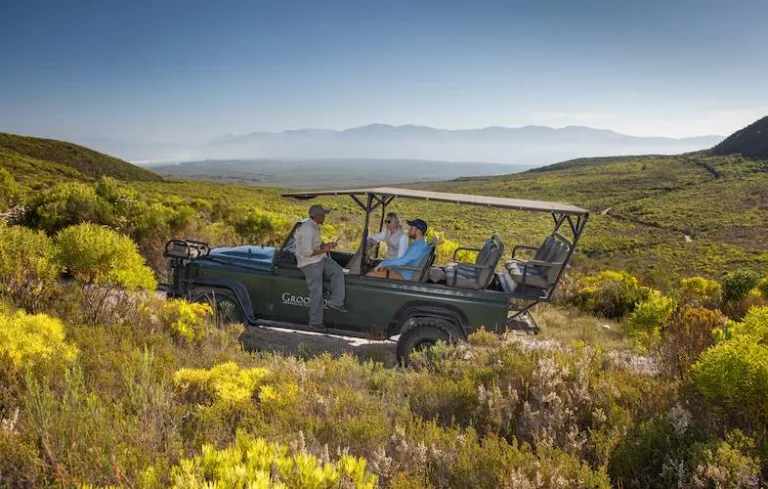
Picture/Grootbos Nature Reserve/Siyabona Africa
In the Overberg region of the Western Cape, Grootbos Private Nature Reserve exemplifies the regenerative ethos. Set on 6,170 hectares of endangered fynbos, the reserve actively rehabilitates land, reintroduces plant species, and funds environmental education through its Green Futures programme. Guests don’t just admire the view—they fund its recovery.
Along the coast, marine conservation outfit ReefTeach in Sodwana Bay offers divers the chance to contribute to coral monitoring and reef protection. These hands-on experiences connect travellers to nature while directly supporting its survival.
Elsewhere, regenerative farming experiences—like those at Veld and Sea or Nourish Eco Village—immerse visitors in low-impact, community-focused food systems that regenerate both soil and soul.
Communities at the core
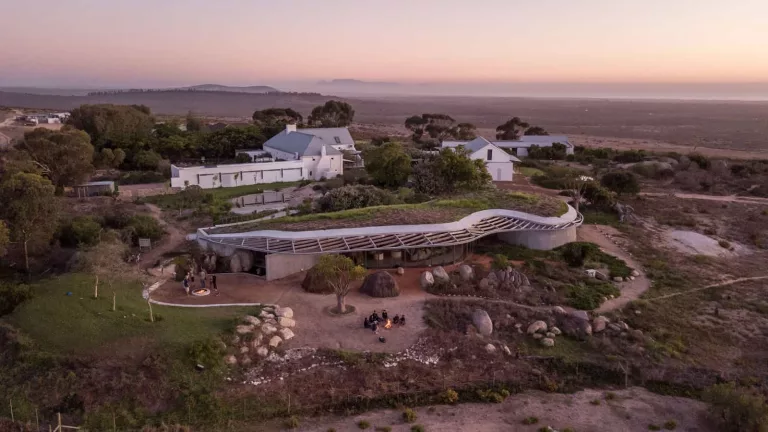
Picture/Khwa ttu
Regenerative tourism also means recognising the human story of a destination. It’s about dignity, fair exchange, and platforms for cultural ownership.
Take !Khwa ttu, a San heritage centre near Yzerfontein. Far from being a staged performance, it’s a place where San guides tell their own stories, preserve endangered languages, and share indigenous knowledge with visitors. Revenue supports training and education programmes for San youth.
In KwaZulu-Natal, Isibindi Africa Lodges has pioneered community partnerships that give locals real ownership of the tourism economy. From Thonga Beach Lodge on the pristine Maputaland coast to Rhino Ridge Safari Lodge in Hluhluwe-iMfolozi, each property operates in collaboration with surrounding communities, creating jobs and funding conservation simultaneously.
ALSO READ: Low-impact travel: Best car-free adventures across South Africa
How to spot a genuinely regenerative experience
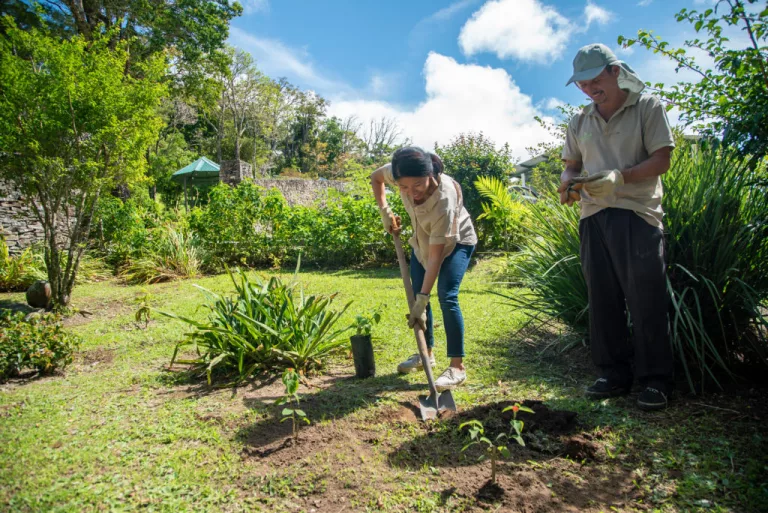
Picture/Sustainability Tour/Cayuga Collection
It’s easy to be dazzled by green slogans and ethical buzzwords, but regenerative travel calls for deeper inquiry. A few quick questions can help you see beyond the marketing:
Who owns or runs this business? Community-led or co-owned models matter.
Where does the money go? Look for transparency in social and environmental contributions.
Is there a long-term impact? One-off charity drives aren’t the same as ongoing, embedded support.
Does it encourage slower, more intentional travel? Fast travel is rarely regenerative.
Your role as a regenerative traveller

Urban Vintage/Unsplash
You don’t have to be a scientist, activist, or philanthropist to make a difference. Here are simple ways to shift your travel mindset:
Travel slower, stay longer. Deeper connections lead to deeper impact.
Support local, always. From food to guides to accommodation.
Offset your carbon—but first, reduce it. Choose train travel where possible and combine trips.
Ask better questions. Curiosity about the people, places and systems behind your journey opens the door to meaningful exchange.
Regenerative tourism isn’t about perfection—it’s about progress. It invites us to move beyond being passive consumers of beautiful places, and instead become active contributors to their future.
Follow us on social media for more travel news, inspiration, and guides. You can also tag us to be featured.
TikTok | Instagram | Facebook | Twitter
ALSO READ: 10 Things to do in Hermanus – where ocean meets adventure


